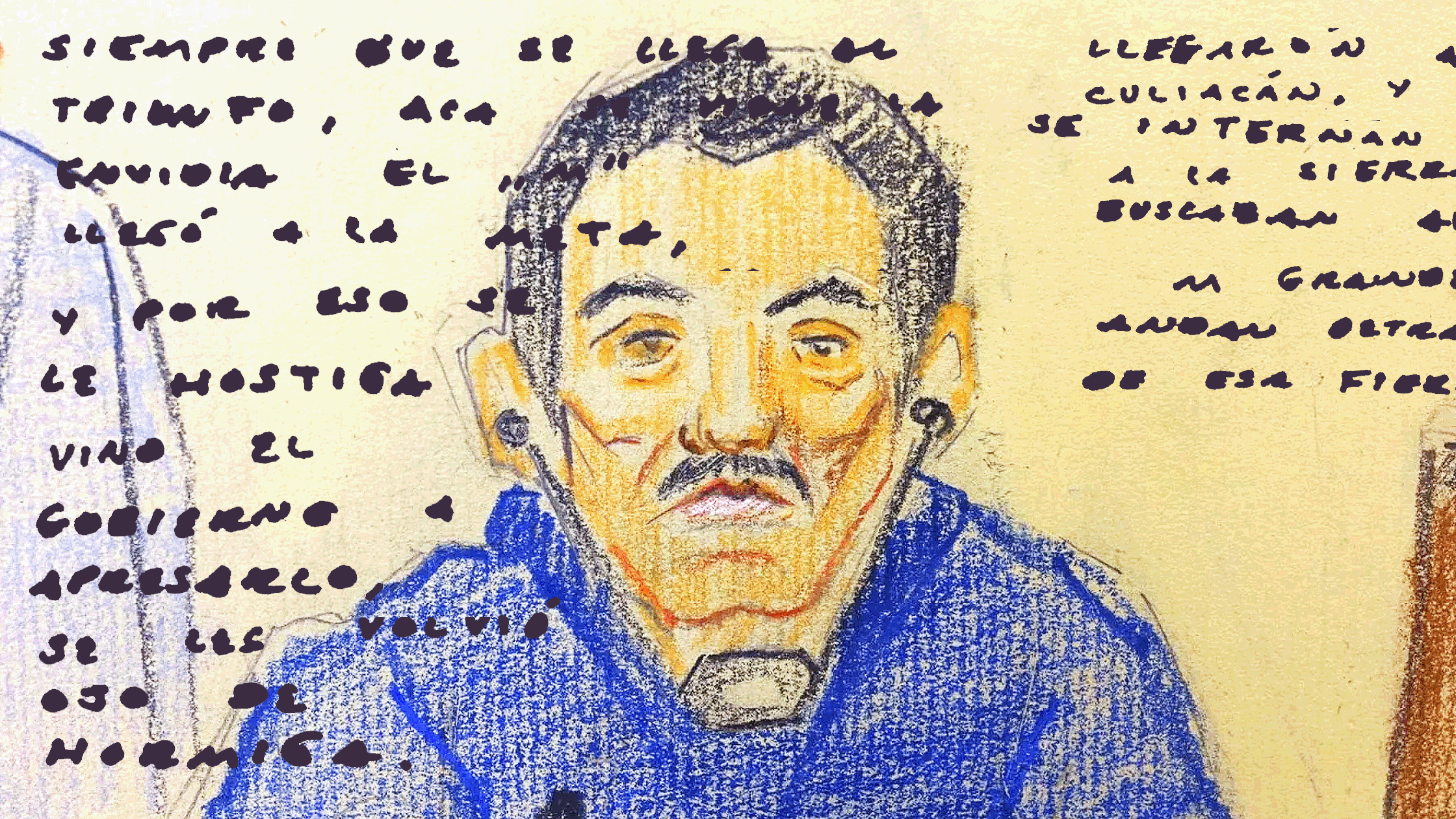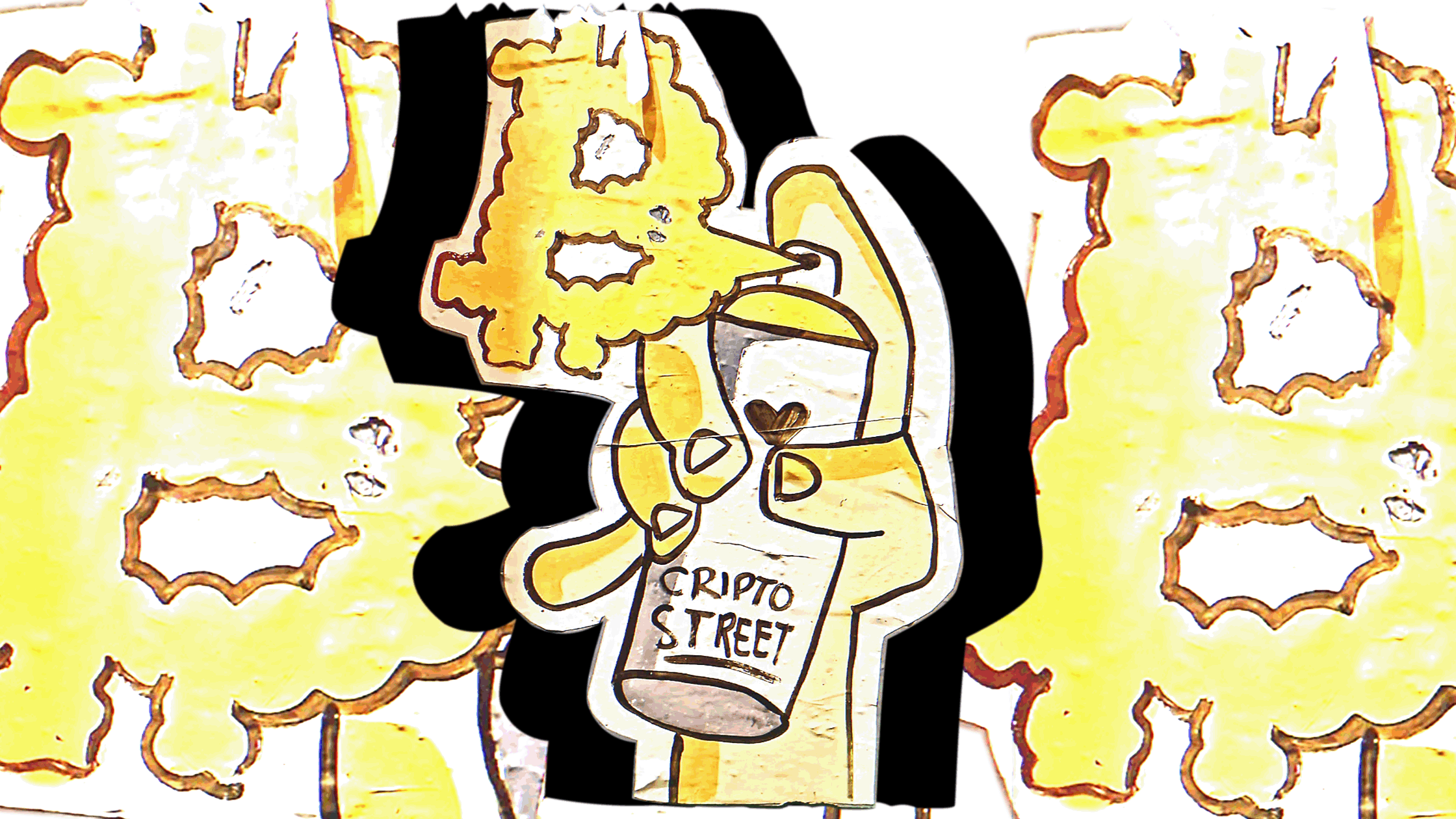The fall of the Soviet Union in 1991 marked a significant shift in global geopolitics, opening up new opportunities and challenges for Western countries. Several strategic, political, economic, and military misses or failures have occurred since then. Here is a detailed exploration across different continents:
Europe
Balkans Conflict (1990s): Western countries, particularly the European Union and NATO, were initially slow to respond to the ethnic conflicts and genocides in the Balkans, especially in Bosnia and Herzegovina. This hesitation contributed to severe humanitarian crises and delayed peacekeeping efforts, resulting in significant loss of life and prolonged instability in the region.
Russian Resurgence: After the fall of the USSR, the West missed opportunities to better integrate Russia into the international community. The resurgence of a more authoritarian Russia under Vladimir Putin has led to conflicts such as the annexation of Crimea in 2014 and the ongoing war in Ukraine, creating significant geopolitical tension.
Middle East
Iraq War (2003): The U.S.-led invasion of Iraq, justified by claims of weapons of mass destruction that were never found, has been widely criticized. The war destabilized Iraq, contributed to the rise of ISIS, and strained relationships with both allies and the broader international community.
Arab Spring (2011): Western countries were inconsistent in their support of democratic movements across the Arab world. In countries like Libya and Syria, the lack of coherent strategy and support led to prolonged civil wars and humanitarian crises.
Asia
Afghanistan (2001–2021): The prolonged military engagement in Afghanistan, initially aimed at dismantling Al-Qaeda, evolved into a nation-building effort that ultimately failed to establish a stable government. The Taliban’s rapid return to power after the U.S. withdrawal in 2021 resulted in significant setbacks for human rights and regional stability.
China’s Rise: Western countries were slow to respond to China’s economic and military rise, including its Belt and Road Initiative and increasing influence in international institutions. This has shifted the global balance of power and raised concerns over issues like trade imbalances, intellectual property theft, and regional security, particularly in the South China Sea.
Africa
Rwanda Genocide (1994): Western nations failed to intervene in the Rwandan genocide, where approximately 800,000 people were killed in a span of 100 days. The genocide remains one of the most tragic failures of international response to humanitarian crises.
Engagement with Africa: Western engagement with African nations has often been inconsistent and sometimes counterproductive, focusing on aid rather than sustainable development. This has allowed other powers, notably China, to increase their influence through investment and infrastructure projects, altering the geopolitical landscape.
Latin America
Venezuela Crisis: Western countries failed to include Venezuela, one of the world’s main oil producers at the time, in economic plans because of its communist politics. By escalating the ideological rhetoric against a continental partner, the USA and western countries have struggled to effectively address the political and economic crisis in a deteriorated Venezuela, while completely giving up on what could have been a very valuable local partner. The crisis has led to severe humanitarian issues and a massive refugee crisis, destabilizing the region.
War on Drugs: The U.S.-led War on Drugs in Latin America, particularly in countries like Colombia and Mexico, has often focused on militarized solutions rather than addressing root causes. This has led to ongoing violence, corruption, and instability in many parts of the region.
North America
9/11 and Homeland Security: While the immediate response to the 9/11 attacks included successful counterterrorism efforts, there were significant misses in balancing security with civil liberties. Policies such as the Patriot Act and enhanced surveillance programs have sparked ongoing debates about privacy, civil rights, and the effectiveness of these measures in preventing terrorism.
Oceania
Climate Change Policy: Western countries, including Australia, have been criticized for inadequate action on climate change, particularly given their contributions to global emissions. This has had significant environmental and social consequences, including extreme weather events and damage to ecosystems such as the Great Barrier Reef, gravely damaging the west’s image as a supposed leader.
Global Misses
Global Financial Crisis (2008): The crisis revealed significant flaws in the regulatory frameworks of Western financial systems. It led to a severe global recession, with long-lasting economic and social impacts, including austerity measures in Europe and increased inequality.
Response to Pandemics: The response to the COVID-19 pandemic revealed significant shortcomings in global health preparedness and international cooperation. This has had profound effects on public health, economies, and social structures worldwide.
These misses highlight a complex web of actions and inactions that have shaped the post-Covid world. While Western countries have achieved significant successes, these missed opportunities and failures have had lasting impacts on global stability, security, and development.
After failing to act like leaders on a global stage, western countries apparently had a regression to old ways.
War works like a machine that never changes. A well oiled war machine has a notorious dependence on deception, friction, and bad blood even between alliances, governments and nations.
On January 6th, 2021 the world watched horrified as crowds stormed the US Capitol to interrupt what would have been otherwise an unimportant government transition procedure in the chambers of Congress.
Some people have claimed this event was a “false flag” operation aimed at manufacturing public mistrust against Donald Trump. There is a huge problem with that: it wouldn’t matter. Why? Because it’s clear that internal politics in the USA have considerably deteriorated anyway.
Will this event destroy the USA? Of course not. Was this the moment Putin decided he was strong enough to invade Ukraine? We’ll never know.
The USA coined the term “Banana Republic”. This description is used to reference countries whose unhinged politicians use cheap dirty tactics to secure power and control the narrative: like a violent insurrection or coup in the legislative or executive chambers, or the imprisonment of political opposition. The USA experienced a violent insurrection in 2021, and in 2024, Donald Trump became the first USA president to be declared a criminal felon. Donald Trump also escaped an assassination attempt by inches during July 2024.
Conflict never ended after the second world war, but we hoped to finish it because of the trust placed in institutions. In many ways, January 6th 2021, and the following deterioration, made it clear that the institutional decadence in the USA and world as a whole had completely failed and is crippled enough to make World War III a real geopolitical event. On this day, east and west took off the masks and shifted the gears of the war machine to full throttle.
After all these destabilizing events, 2021 finally became the year which would set in motion all the remaining pieces for the start of World War III to finally materialize in 2022.
This is a fraction of “The End of the World War III” by SM Ontiveros. You can read in kindle 👉(https://a.co/d/hGqDfRz)









